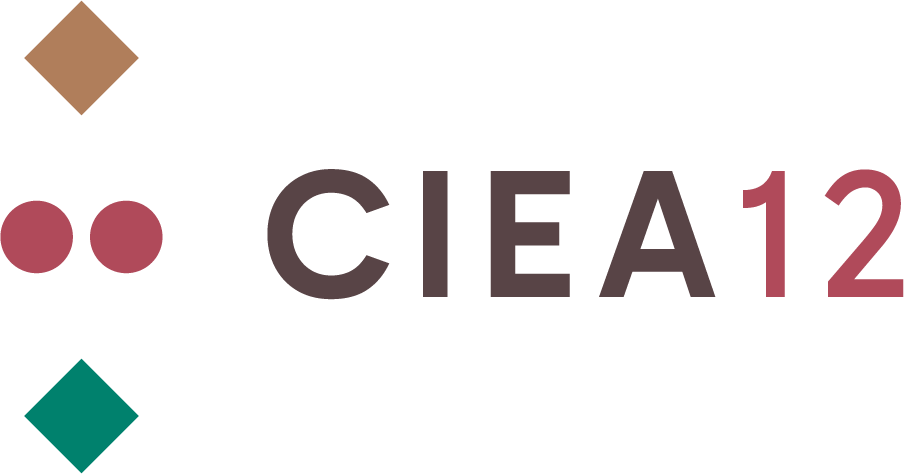European Studies as a mainstream field needs evaluation of how it is structured, and
what ontological, epistemological, and methodological approaches it takes. Through a theoretical
framework consolidated mainly by Spivak and Said with a post-colonial lens on the European
Studies Program, where it uses positional superiority, Subject-Constitution, and Object-Formation concepts, theorizing “The Other” using anthropological writings and psychoanalysis,
and use destructive representation to investigate the positionlity of “The Other” or its effective
absence, this dissertation investigates and analyzes four core courses of the European Studies Program
at Malmö University to address the knowledge about, and the representation of, “The Other”
within the program’s curriculum. It concludes that because of its origin as a field of study and the
the dominant group that reproduces the knowledge about it, “The Other” is better measured through
its effective absence, even if it has always been present. It further questions the knowledge
production about and from “The Jungle” and how a serious shift is possible; this shift does not
start by recognizing the absence, but rather, as a first step, by the will to acknowledge it

Challenging the academic knowledge of
Mostafa Mohamed


